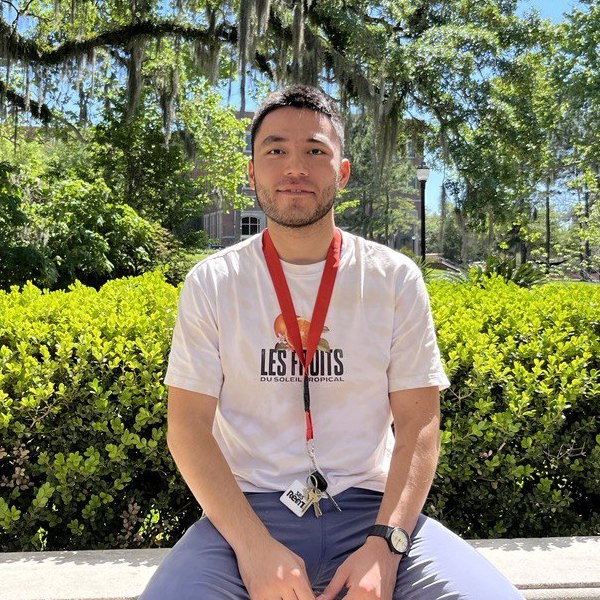Describe the steps you took to obtain your internship.
During my second semester of pursuing a master's degree in Civil Engineering, I embarked on the exciting journey of searching for summer internships. After attending various interviews for internship positions, I was thrilled to receive five offers from different reputable organizations. Among these opportunities, I carefully evaluated each one and ultimately decided to join the South Florida Water Management District (SFWMD). Looking back, I can confidently say that it was the best decision I could have made. Throughout my time at SFWMD, I gained invaluable experience that greatly enriched my understanding of civil engineering. The internship provided me with hands-on exposure to real-world projects and challenges, allowing me to apply the theoretical knowledge I had acquired in my academic studies. The supportive and collaborative environment at SFWMD empowered me to tackle complex problems and collaborate with seasoned professionals in the field.
How far in advance did you prepare and begin applying for your experiential learning opportunity?
My preparation for the experiential learning opportunity began around the start of the second semester of my masters degree, and I actively pursued and applied for internships until I received the offers, eventually choosing the one that offered the best fit for my aspirations.
If you used any Career Center services, resources, or events to obtain your internship, what were they? How did they support your application process?
Career advisors at the center helped me craft effective resumes and cover letters tailored to specific internship opportunities. They provided feedback and suggestions to highlight the student's skills, experiences, and accomplishments.
Describe some of your responsibilities or duties during your experiential learning opportunity.
During my experiential learning opportunity, I was responsible for creating a flood-prone area map of South Florida for the last 30 years. I gathered data from various sources, including technical publications, hurricane reports, public surveys, and social media. Using data analytics techniques, I processed the data and utilized ArcGIS Pro software to generate the flood-prone area map, ensuring accuracy and precision throughout the process. This opportunity enhanced my technical skills and provided valuable real-world experience in flood risk assessment.
What was a typical day like "on the job?"
A typical day "on the job" during my experiential learning opportunity began with a one-on-one meeting with my supervisor. In this meeting, we discussed the tasks and projects for the day, setting priorities and goals to ensure efficient progress. After this meeting, I delved into working on my assignments and the flood-prone area map project using ArcGIS Pro software. Throughout the day, I would also have various meetings with other colleagues. These meetings were essential for collaboration, sharing progress, and seeking feedback or assistance when needed. Overall, my typical day "on the job" involved a mix of focused work on assignments, collaboration with colleagues, and enjoyable interactions that contributed to a productive and rewarding experiential learning experience.
What are some major takeaways from your experience? How will these help prepare you for the next step after graduation?
The major takeaways from my experiential learning opportunity have not only deepened my technical expertise but also strengthened essential soft skills. These experiences will undoubtedly help me stand out in the job market and excel in my next step after graduation, whether it's securing a full-time position, pursuing further education, or embarking on advanced engineering projects.
Did this experience help clarify your career path? If yes, how so?
Yes, this experience provided me with a realistic understanding of what it's like to work as a civil engineer in the real world, beyond the theoretical knowledge I gained in my academic studies. The opportunity to engage in data analytics, GIS, and problem-solving further reinforced my interest in pursuing a career that involves technical analysis and practical application. Creating the flood-prone area map allowed me to see the direct impact of civil engineering on communities and the environment, which resonated deeply with my career aspirations. It affirmed my passion for this field and inspired me to pursue it wholeheartedly in my future endeavors after graduation.

Azizbek Nuriddinov
"The major takeaways from my experiential learning opportunity have not only deepened my technical expertise but also strengthened essential soft skills."
Area of Study: MS in Civil Engineering
Opportunity: South Florida Water Management District Internship

